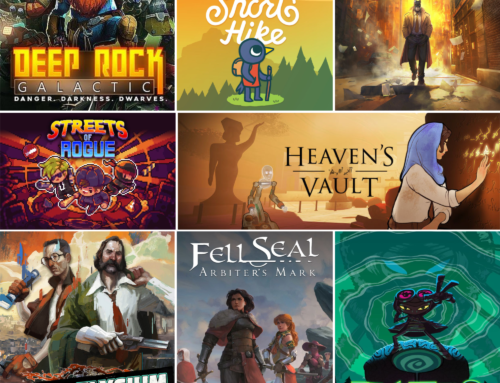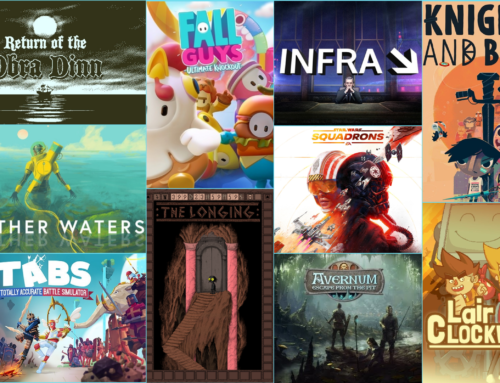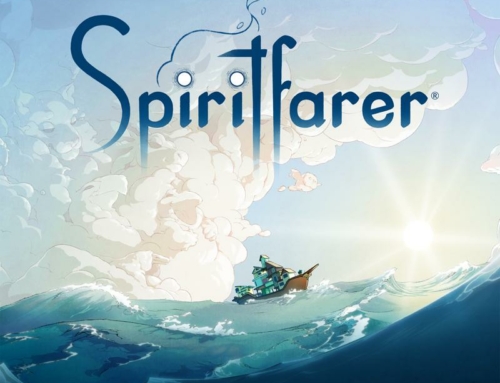Welcome to Game Club, where Joanna Price and myself exchange letters about a game we’ve jointly played. This time, we’re discussing Spycraft: The Great Game, an unusual 1996 adventure game from Activision. To catch up, check out Letter 1 and Letter 2, and see Joanna’s final response with Letter 4.
Hi Joanna,
Sorry for the late reply! Between the choking wildfire smoke and my family’s medical issues, it’s been hard to find time and energy to write this, but I’m still glad to be doing it. Thanks for your patience.
You’re absolutely write that the developers probably assumed you were taking notes; adventure games and RPGs of the ’80s practically required this, not to mention mapping on graph-paper, since in-game journals and “objective tracking” didn’t really become standard until the mid-2000s. Spycraft is actually ahead of the game, in that it gives you a constantly-updated list of objectives, so even if you don’t remember every piece of evidence, you at least know what you’re supposed to be doing.
I think you are spot-on about why the plot is so labyrinthe. Part of this is just the fact that the plot is, in many ways, the central puzzle, and so they need a certain amount of complexity and red herrings to ensure that the “whodunnit” isn’t too easily solved. But this game definitely foregrounds the process of being a spy, rather than the conclusion; it’s part of the reason why the limp ending doesn’t bother me that much. The advertising certainly wants us to believe that this realism is because of the deep involvement of CIA Director Colby and former KGB General Kugin [1], but without interviewing the game developers we don’t know how involved they actually were.
While most of the minigames in Spycraft are somewhat half-baked, I enjoy a good minigame, particularly in narrative games; they can provide a nice change of pace from extended periods of reading. I also think they work to break up the structure of longer games that are somewhat repetitive: I think the reason all the later Final Fantasy games are filled with minigames is because otherwise there’d be no break from 70 hours of RPG combat and cutscenes.
The game‘s cynical approach really is puzzling. The opening voiceover you loved is providing by Director Colby, but unlike Kugin, there’s no evidence of him being bitter about his time in the CIA. He oversaw the Phoenix Program, certainly on par with the darkest things the CIA has ever done, and yet seemed to truly believe that the CIA served a moral role – in a speech to the NSA, he went on and on about how the CIA did what it did for Peace and Honor (you can read the whole thing here). He at least partially practiced what he preached in being unusually open with Congress about what the CIA was doing, which apparently ultimately got him ousted from his position and replaced by the more tight-lipped George H.W. Bush. My point is that it seems unlikely that he drove the game‘s narrative to be critical of the CIA, and as I noted last time, the ending certainly argues for spycraft being necessary and important – even as it makes it seem unglamorous and uncomfortable. More often than not, video games from big publishers attempt to be “apolitical,” which is to say, they reflect the norms and comforts of the majority and are thus inherently conservative. I find it unlikely that the creative leads for Spycraft were out to make an anti-CIA game, and that if they were, that Activision’s producers would have let it proceed unchallenged.
- [1]Fun fact: Kugin later became a critic of the KGB. This was fine when perestroika happened and the Soviet Union was opening up, but became very bad when Putin (a hardcore KGB man himself and former subordinate) came to power. In 2002, he was tried in absentia in Putin’s Russia and found guilty of treason.↩





Leave A Comment